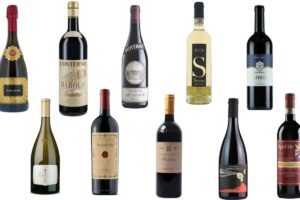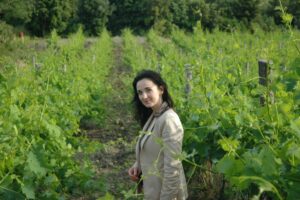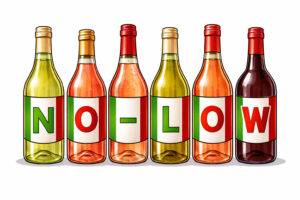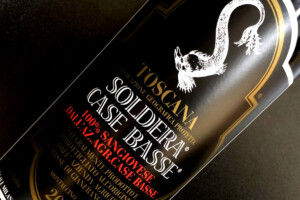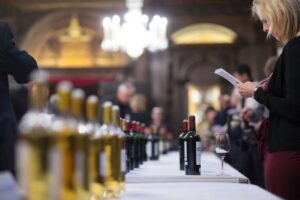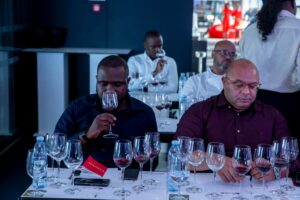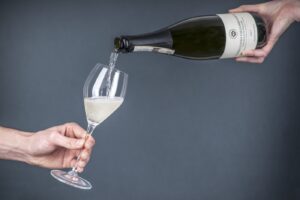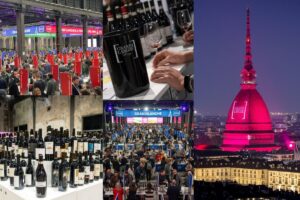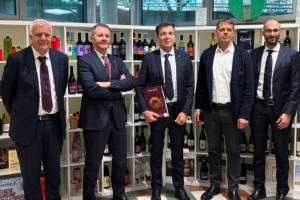“Italian information is bulimic, with a lot of quality that, at times, works to the detriment of its quality…”. This was the response from the head of Italy’s National Association of Journalists, Lorenzo del Boca, in a recent interview with WineNews.tv. Comments that opening the path for a reflection on how recent news events regarding Italy’s food industry (which is Italy’s top image maker among export sectors) was handled by the media, most particularly with the recent mozzarella and wine issues.
“If we take the Bird Flu, for example,” – explained Del Boca – “Italian media, possibly in the interests of pharmaceutical companies, went searching for cases… in Hungary or dead pigeons in Palermo, thus destroying a sector, and then nothing more was said about the flu. To a certain degree, this is what happened with wine as well. There was a problem with falsification that had to be denounced, but by distinguishing between that which was wrong and exalting that which, instead, was good, and this probably didn’t happen”.
The news came out while investigations were still underway, which then revealed that the case was much less serious than had been deduced by the majority of the media. Was, “the monster” accused on the front page without, possibly, any real motives?
Del Boca responded curtly to this question by noting, “There was a ‘monster’ that needed to be put on the front page, but there was no need to give the impression that ‘all’ were monsters…”.
Initially, in regards to wine, the press spoke of adulteration with toxic substances, then the prosecutor of Taranto who had conducted the investigations clarified that it was only “water and sugar”. Shouldn’t there be a different relationship between the law and information, with the goal of more precision in the news?
“This is more complicated. The journalist provides the news that is a reflection of the reality of that moment. The problem” – specified the president – “is that the correction of a fact does not have the same impact as the first news story, so people do not correct their initial opinions, and we should be reflecting on this. Those who create information must be more careful and take these dynamics into consideration”.
Another problem is that, often, the press generalizes: starting with a specific event regarding a small part of a sector, there is the risk of enlarging the damage even to those who are not involved.
“We should not do harm to people who do not deserve to be damaged. The ‘monster’ must be put on the front page, but when other similar stories happen it is necessary to adopt tools for distinguishing, in a way that those who are informers are clear on the facts, and with the awareness that everything else still remains good, or even excellent”.
Copyright © 2000/2026
Contatti: info@winenews.it
Seguici anche su Twitter: @WineNewsIt
Seguici anche su Facebook: @winenewsit
Questo articolo è tratto dall'archivio di WineNews - Tutti i diritti riservati - Copyright © 2000/2026












